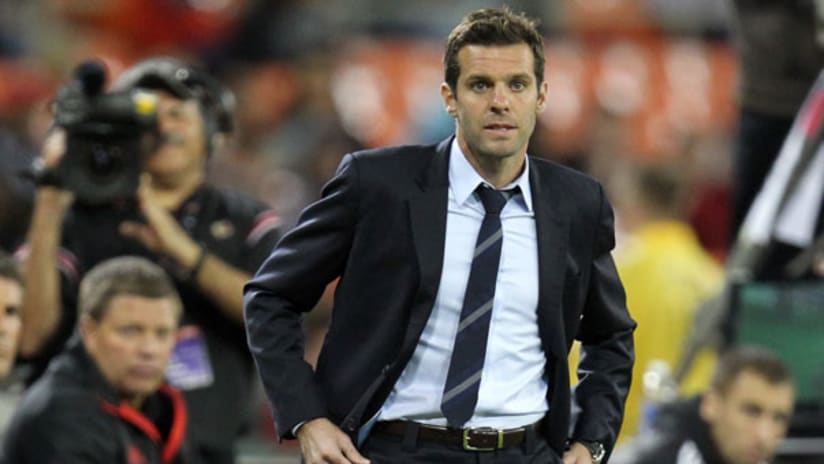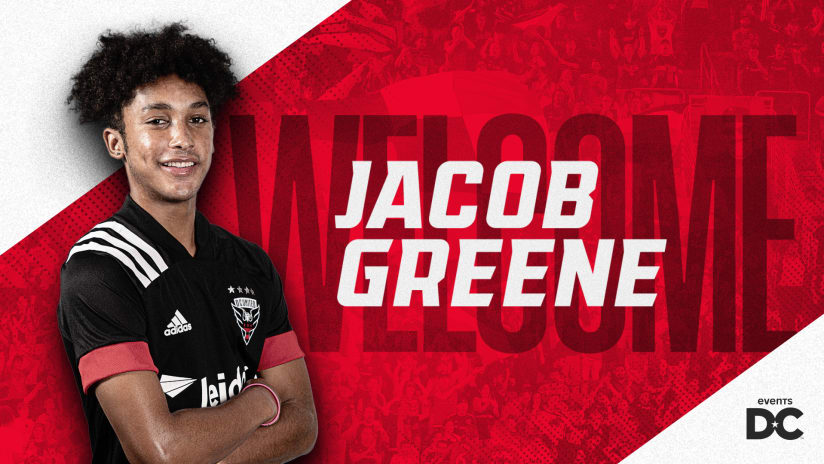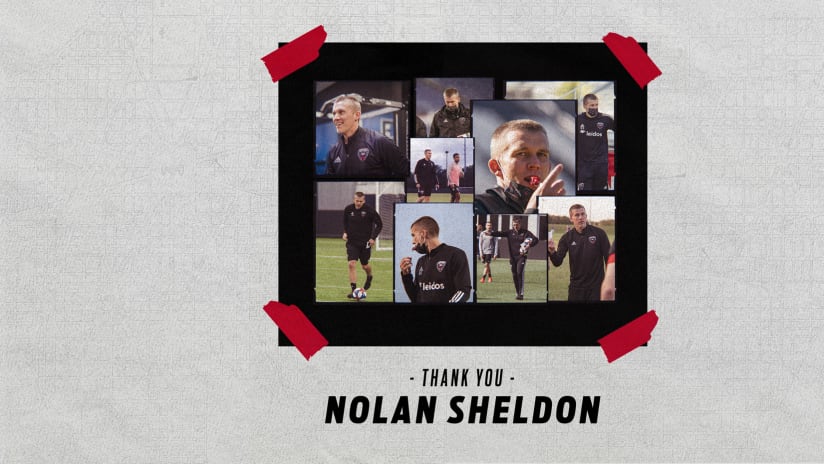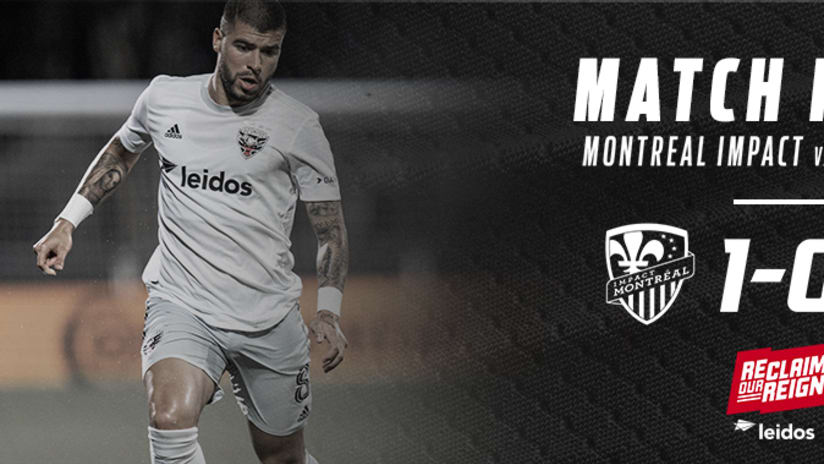With his team near the top of the Eastern Conference standings - and miles ahead of where they were at this time a year ago – a late-summer week without an MLS match to prepare for would seem like the ideal time for Ben Olsen to reflect on just how far his group has come in the last twelve months.
Or not.
“We have not done anything,” Olsen proclaimed from a desk in his sparsely decorated office here at RFK. “This team has not made playoffs in four years, so for us to pat each other on the back right now is ridiculous. At times we are playing some good soccer, but it still has to get much better. The job is not even close to being done.”
Olsen’s contempt for complacency has been the driving force behind most of the highlights of his 15-year history with D.C. United.
Late in 1997, three years into a stellar career at the University of Virginia, Olsen’s desire to take the next step lead him straight to United’s doorstep. After losing in the NCAA Final to UCLA, the midfielder decided on an early leap to Major League Soccer. During a time when Olsen claims players had better chances to ‘bend the rules’ in order to end up where they wanted to be after school, he chose to follow Bruce Arena - who had recruited and coached Olsen at UVA – to Washington.
After the MLS agreed to allocate Olsen to the defending champions, the stage was set for the opening chapters of a long - and wildly successful - relationship.
“It was easy transition,” Olsen recalled of his first days in a professional environment. “The team was a well-oiled machine. I just snuck in and did my best to fit it. It wasn’t like I needed to do anything more than be myself: That was just to work hard, play simple and give the ball to guys like Marco Etcheverry and John Harkes.”
Flush with domestic and international talent, Olsen doesn’t believe there will be many future teams like the Black-and-Red squads of the 1990’s. Salary caps, expansion and roster limits have all conspired against dynasties in MLS, and though Olsen insists there aren’t many practical lessons to be drawn from the legendary sides that helped establish United as the league’s flagship franchise, a few key principles have withstood the test of time – and remain applicable in today’s MLS.
“It was a very, very competitive environment,” Olsen says of the team’s that won three of the first four league titles. “Now, we had a lot of success so the camaraderie was always pretty good, but it was a different camaraderie than a team where everybody loves each other. Those guys were ultra competitive and didn’t like losing. That really helped the length of success that those teams had.”
Competition has become a staple of Olsen’s current group, as the roster he helped overhaul is now replete with quality options at every position. After watching his injury-depleted team fade late in 2011, the young coach had little choice but to bolster the club’s depth. Olsen set about doing so by adding eight new players this past offseason.
As a result, United’s second-year taskmaster has hardly had an easy time of filling out his lineup sheet this season. Players expected to start have seen time on the bench, while those thought to be reserves have been asked to do more. A combustible situation that might have made for bruised egos in another locker room, has been handled without incident in D.C.
“You have to be smart to be successful as a coach at a high level - you have to be able to adapt to changing circumstances,” noted President Kevin Payne when asked about Olsen. “You have to recognize that there are thirty different personalities in that locker room and all approach their job differently. I think Ben understands that. In that sense, the fact that he was a player recently helps him. It makes him more empathetic.”
“The first thing Ben wanted to do was create a better culture in the locker room,” added club General Manager Dave Kasper recently. “He hired great assistants, and those guys have been instrumental in turning things around. He has created a great culture and when we opened the doors in January 2011 that’s what Ben set out to do.”
If Olsen’s mission in 2011 was to create a better culture, 2012 is about payback for the driven coach. Not payback born of vengeance or anger; but of love for the club he calls his own.
“There were several years where I was a burden on this club – let’s not forget about that,” Olsen acknowledged, hinting at guilt over time missed due to the ankle injuries that eventually snuffed out his playing career. “I sat out and made good money and I was a burden on the salary cap and the people upstairs. The powers that be stuck by me and that’s always meant a lot to me. It’s time to pay them back.”
This article was originally published in the Matchday Program on July 28




